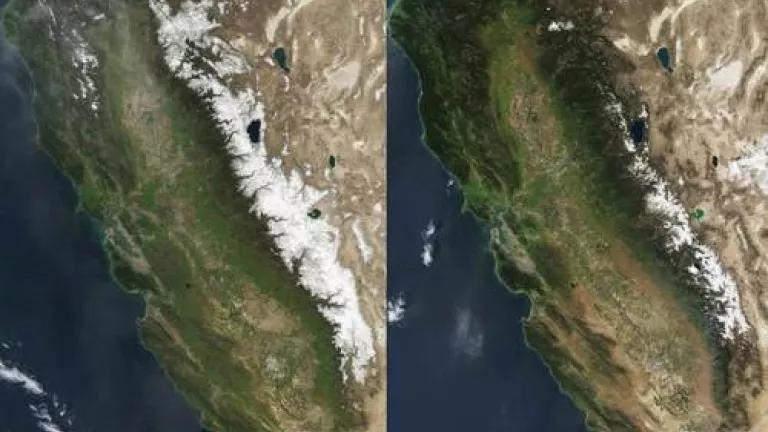
Farmers have always been at the mercy of the skies. You can plan and prepare, give your crops the tender loving care they need to thrive, and follow the advice of countless experts, but if the weather doesn't cooperate, all your hard work can be for naught.
Lately, it seems like farmers have had to deal with more than their share of tough luck. Here's just a sampling of extreme weather events that have hit farmers hard this year:
- Texas, which has been gripped by drought for most of the last three years, was functionally under water for most of May, when flash floods rushed over the state. In fact, May 2015 was the wettest month on record in both Texas and Oklahoma. Farmers who had been praying for rain for years were now wondering how they could ever get into the field to plant their crops with all the water around.
- Farmers across the Midwest were also wondering what they were going to do, given all the spring rain. Many acres were ultimately abandoned for the year, because wet conditions prevented farmers from planting their crops. Even the ones who did manage to get their crops in the field are now suffering from increased disease challenges due to excess moisture.
- Here in California, we are still in the throes of an epic drought, and farmers are on the front line. Snowpack forms an important component of California's water supply, but our snowpack levels were at just 5% of normal this year! The following image shows 2010 snowpack levels (the last "normal" year recorded) compared to 2015 levels.
California snowpack levels in 2010 (left) and 2015 (right). Photo credit NASA Earth Observatory.
To those of us who follow climate change science, these extreme weather events are unfortunately not surprising, but are instead symptoms of a changing climate. Scientists predict that climate change will mean declining crop production; increased pressure from diseases, weeds, and pests; more extreme precipitation that leads to soil erosion; and more severe drought and heat damage. In short, unless we take action to stop climate change, we will make it harder and harder for farmers to continue to provide us with the food we need to survive.
Fortunately, the US is about to make the biggest breakthrough yet on climate change. The forthcoming Clean Power Plan will establish the first national limits on carbon pollution from power plants--the biggest source of climate change pollution in the country. This bold action is vital for the future of our food supply and will help ensure we leave future generations with a safer, more vibrant world. We can't control the weather, but we can take steps to slow the threat of climate change by reducing carbon pollution. It's time to #ActOnClimate.

